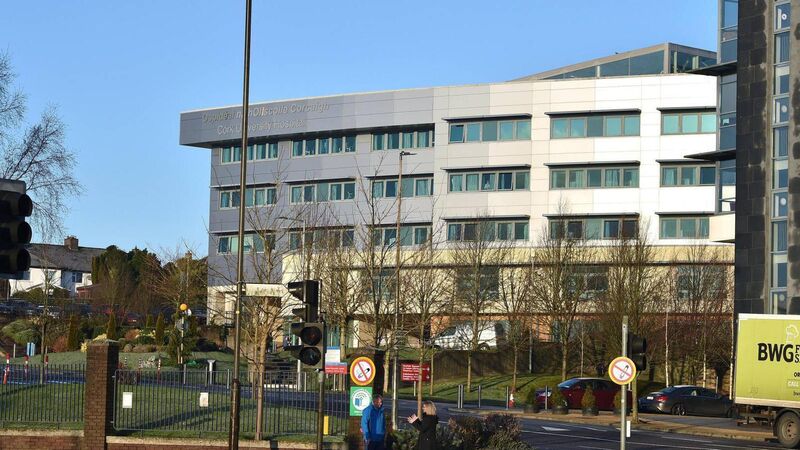'Structural failures' in health system will lead to more cancelled operations, say medics

Cork University Hospital had the highest number of people on trolleys, at 49, on Tuesday. File picture Dan Linehan
Patients are facing more cancelled operations unless structural failures in the health system are urgently addressed, medical unions warned, following a scathing report by the health watchdog.
The Healthcare Overview Report 2020 from the Health Information and Quality Authority (Hiqa) found hospitals were hampered in managing Covid-19 by long waiting lists, overcrowding and staff shortages as well as ageing buildings.










